Flashcards
- Students: E, F, H, J, M.

- Mar 29, 2020
- 2 min read
Updated: Jun 26, 2020
HOW and WHEN are they useful?
It has been proved many times over that spaced repetition is one of the best ways to lock in information into your memory through the spacing effect. This is a theory that suggests that when one spaces out studying, the likelihood that the information is stored into their long term memory is increased and is shown to be more effective than absorbing large amounts of the material in a short period of time (like doing an all nighter before your finals).
Flashcards are also useful for classes such as biology or history, which are memory-based subjects, because they help you to lock in important information. However, they're not really useful to subjects such as maths or physics which require you to use your problem solving skills rather than to recall the material (but in some instances they can still be very beneficial). They are most effective when in a question-and-answer form (question on one side, answer on the other) as they mimic the way in which you'd see an exam, although they are still practical when written in blocks of text.
You need to first decide whether to use an app, doesn't take up space, or use paper, something you can physically touch.
The best apps for making flashcards:
Tinycards - best used for language acquisition
Quizlet
StudyBlue
How to make effective flashcards:
Firstly decide if you're making flashcards in a question-and-answer form or in blocks of text. If it's blocks of text I recommend using smaller lines, such as 5mm or so (also take into account the size of your handwriting).
#1Headings and subheadings - If you're writing in blocks of text then headings and subheadings are an important component to making good flashcards. This is because it helps separate the information in an organized fashion and is particularly helpful when reusing it.
#2 Diagrams and highlighting - When you can make sure to include a diagram, this can be drawn or printed. Studies have shown the effectiveness of a diagram over a large chunk of text when memorising. Furthermore, highlighting/ underlining key words or words you struggle to remember helps draw your focus to them, thus helping you to remember them better.
#3 When to use them - personally I mostly look at my flashcards in the mornings when I'm on the bus to school (around an hours journey) and before i go to sleep if i have a test coming up, which allows me to study less intensely the night before and reduces a lot of stress.
my examples:
Written by: Farran




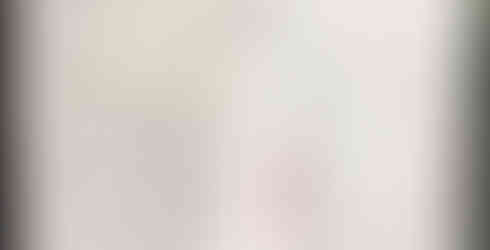

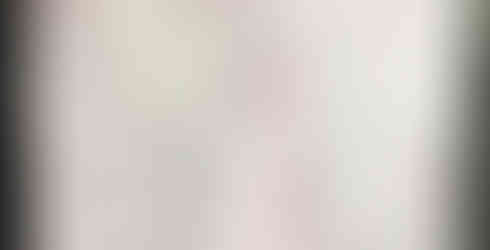

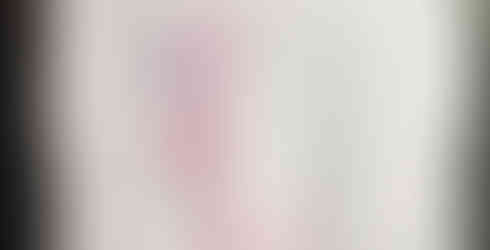

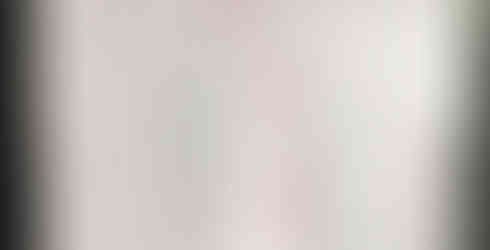






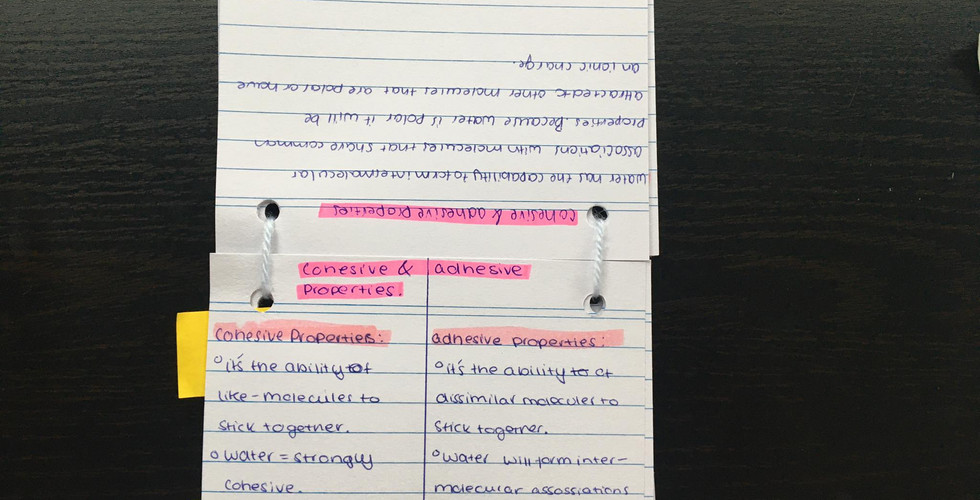
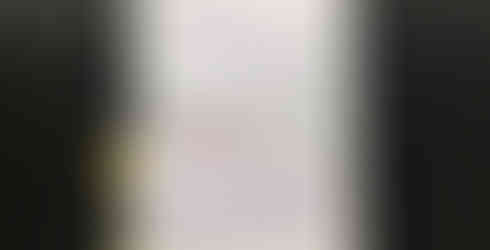

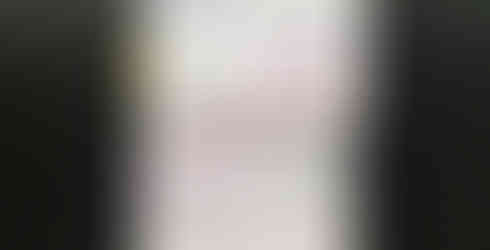



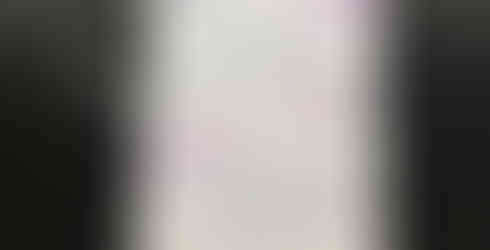

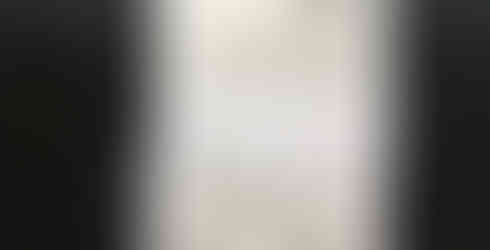


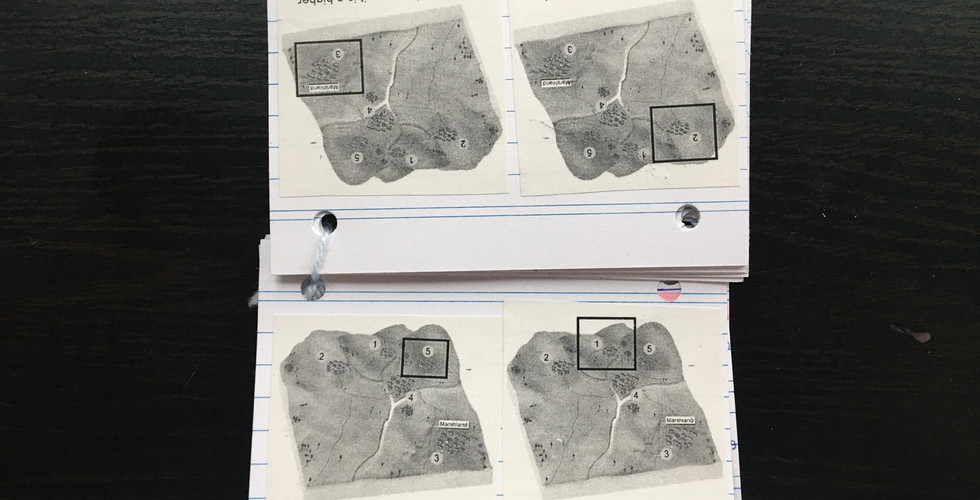



Comments